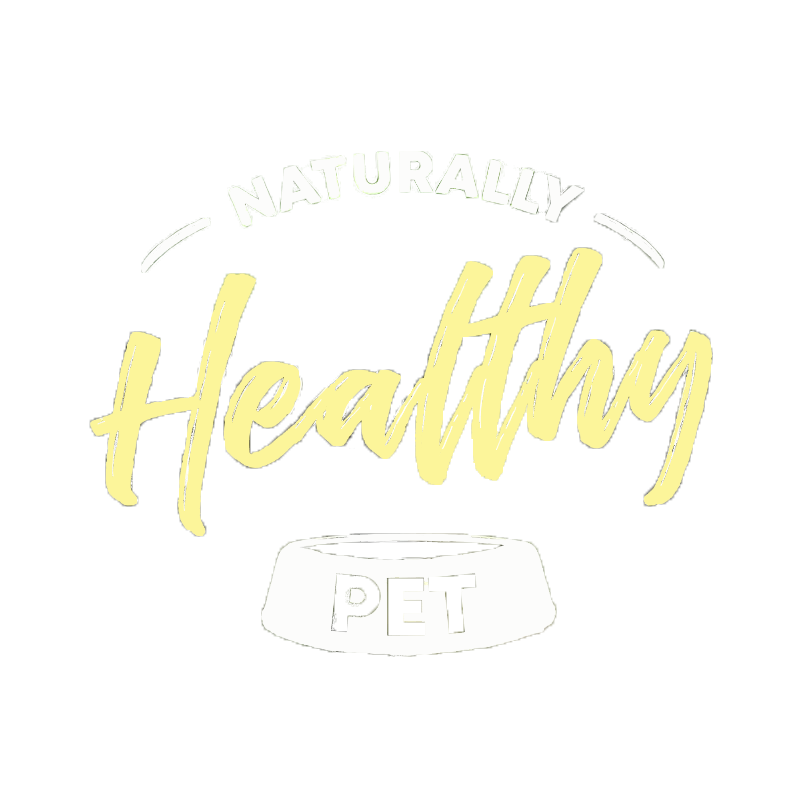Below is the question and answer on this subject from a course I passed in 2008, which gives you this information very clearly - it might be useful for you to make up a tick-list from the info given below if you do vaccinate your animals to use as their booster date approaches and on the day of their appointment:
Over-Vaccination
Qa) Please explain the vaccine contra-indications (when should a dog - or other species - not be vaccinated?).
Vaccines are only licensed for use in completely healthy beings - therefore, if a dog is immune-compromised in ‘any’ way it should not be vaccinated.
The ways a dog could become immune-compromised; and therefore the times an animal should not be vaccinated are:
in the case of:
* injury
*stress,
*shock,
* sick/diarrhoea recently,
*any sign of possible illness starting up,
*not within at least 2-4 wks of recovering from minor illness, longer for operations,
*being a pup who has not had the time to develop his/her immune system to the point of being mature,
*dogs with weak genetic lines and lots of illness/disease/conditions showing up in siblings/parents/grandparents etc.
*animals already receiving medications
*already being given another form of medicine at the same apt.
*any animal which has had previous bad reactions within 6mths of a vaccine being given
*when the vaccine being given is a multi-vac, as then the animals body has the added stress of having to try and deal with more than one onslaught of alien bacteria all at the same time.
*if the level of threat of the actual disease, is not comparable with the level of possible threat from the possible re-occurrences of the vaccine being given.
*if the animal has recently been rehomed or boarded
This also includes animals with long-term illness, or conditions such as fits and digestive troubles as their bodies are constantly battling and under par - digestive troubles especially, as at least 80% of the immune system is within the digestive system.
Vaccine contra-indications:
*The animal can get the disease it is being vaccinated for [!].
*Hypersensitivity and/or anaphylaxis symptoms are possible after vaccines - this will sometimes cause the vaccinated party to let out what is known as a ‘cerebral scream’.
*Dietary issues are also possible, as the vaccine has bovine serum in it; this can lead to reactions with beef, it is also known to cause problems with chicken and oversensibilities which can affect any area of diet and health etc.
*Fever, pain, loss of appetite, behaviour change are all possible also, usually within the first 24-72 hrs.
*There are also delayed immunological responses, primarily autoimmune disease, can occur 7-45 days post-vaccination.
The different types of delayed adverse effects, which have and do happen are also documented and include:
*Mortality from high-titered measles vaccine in infants,
*Canine distemper antibodies in joint disease in dogs,
*Feline injection-site fibrosarcomas.
There are also clinical signs and diseases which result from the different types of delayed adverse affects mentioned above of non-anaphylactic reactions and these include:
*fever
*stiffness
*sore joints
*abdominal tenderness
*susceptibility to infections
*demodectic mange
*allergies
*neurological disorders and encephalitis
*autoimmune haemolytic anaemia [AIHA]
*immune mediated thrombocytopaenia [IMT]
*liver or kidney failure may occur by itself and hepatic enzymes may be markedly elevated, and this can be accompanied also by bone marrow suppression
*seizures, sometimes in conjunction with
*autoimmune thyroiditis, AIHA and IMT
*post-vaccinal polyneuropathy is a recognised syndrome
*abortion and death have occurred in pregnant dogs
*kidney failure has occurred in sled dogs.
There are, to date, at least two papers that indicate that cats and dogs are significantly more likely to need a visit to the vets in the weeks or months following annual vaccinations [55% being in the first 3 mths] than for the latter part of the year.
It is also known that most dogs undergo an immune suppressive picture leukogram a few days after being vaccinated.
In the human field there are even more symptoms suspected to be linked to vaccines, even months after the actual vaccine is given, which cause widespread and unrecognised immune system malfunction.
J. Arnold 2008





